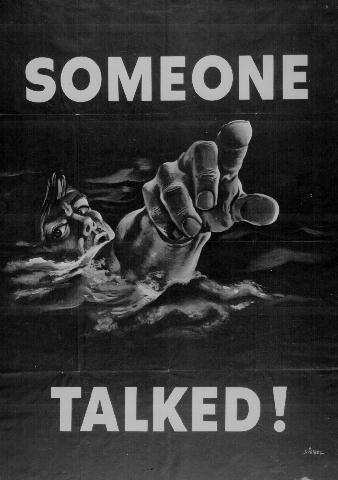From an article by former Secretary of Defense, Robert S. McNamara:
The destructive power of nuclear weapons is well known, but given the United States’ continued reliance on them, it’s worth remembering the danger they present. A 2000 report by the International Physicians for the Prevention of Nuclear War describes the likely effects of a single 1 megaton weapon—dozens of which are contained in the Russian and U.S. inventories. At ground zero, the explosion creates a crater 300 feet deep and 1,200 feet in diameter. Within one second, the atmosphere itself ignites into a fireball more than a half-mile in diameter. The surface of the fireball radiates nearly three times the light and heat of a comparable area of the surface of the sun, extinguishing in seconds all life below and radiating outward at the speed of light, causing instantaneous severe burns to people within one to three miles. A blast wave of compressed air reaches a distance of three miles in about 12 seconds, flattening factories and commercial buildings. Debris carried by winds of 250 mph inflicts lethal injuries throughout the area. At least 50 percent of people in the area die immediately, prior to any injuries from radiation or the developing firestorm.
Source: http://www.foreignpolicy.com/story/cms.php?story_id=2829
From the Department of Homeland Security and the Your Tax Dollars at Work Department (and, no, this isn't a joke):
IF THERE IS A NUCLEAR BLAST
If there is advanced warning of an attack: Take cover immediately, as far below ground as possible, though any shield or shelter will help protect you from the immediate effects of the blast and the pressure wave.
If there is no warning: Quickly assess the situation.
Consider if you can get out of the area or if it would be better to go inside a building to limit the amount of radioactive material you are exposed to.
If you take shelter go as far below ground as possible, close windows and doors, turn off air conditioners, heaters or other ventilation systems. Stay where you are, watch TV, listen to the radio, or check the Internet for official news as it becomes available.
To limit the amount of radiation you are exposed to, think about shielding, distance and time.
- Shielding: If you have a thick shield between yourself and the radioactive materials more of the radiation will be absorbed, and you will be exposed to less.
- Distance: The farther away you are away from the blast and the fallout the lower your exposure.
- Time: Minimizing time spent exposed will also reduce your risk.
Use available information to assess the situation. If there is a significant radiation threat, health care authorities may or may not advise you to take potassium iodide. Potassium iodide is the same stuff added to your table salt to make it iodized. It may or may not protect your thyroid gland, which is particularly vulnerable, from radioactive iodine exposure. Plan to speak with your health care provider in advance about what makes sense for your family.



1 comment:
These silly warnings from a 2005 Dept of Homeland Security Webpage long ago taken down are repeated straight-faced on civic, local and state government pages all over the country. The information is all but useless; it's only value is to create the illusion of doing something. Like some of what we do at airports, it is security theater for the masses.
Post a Comment